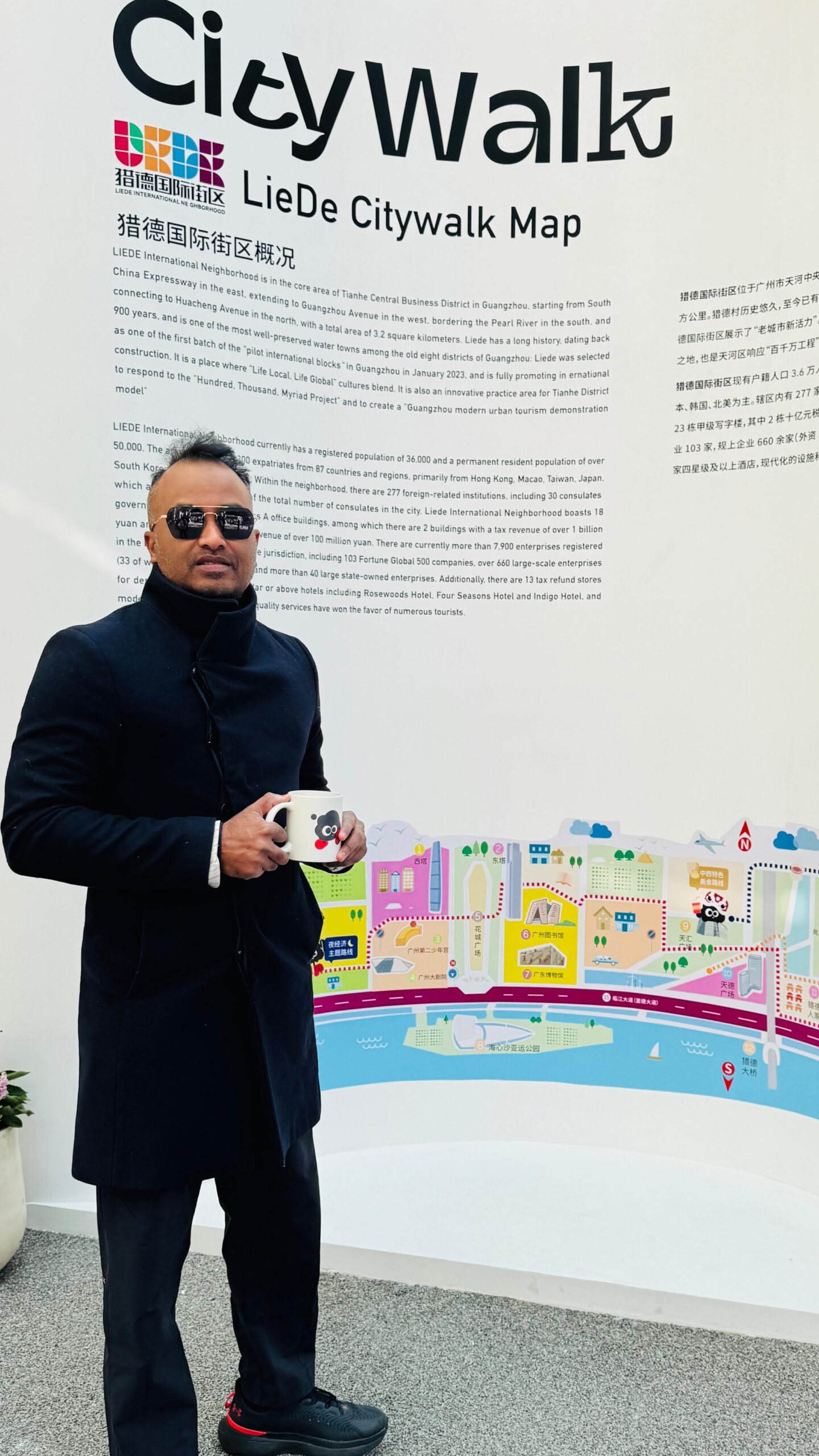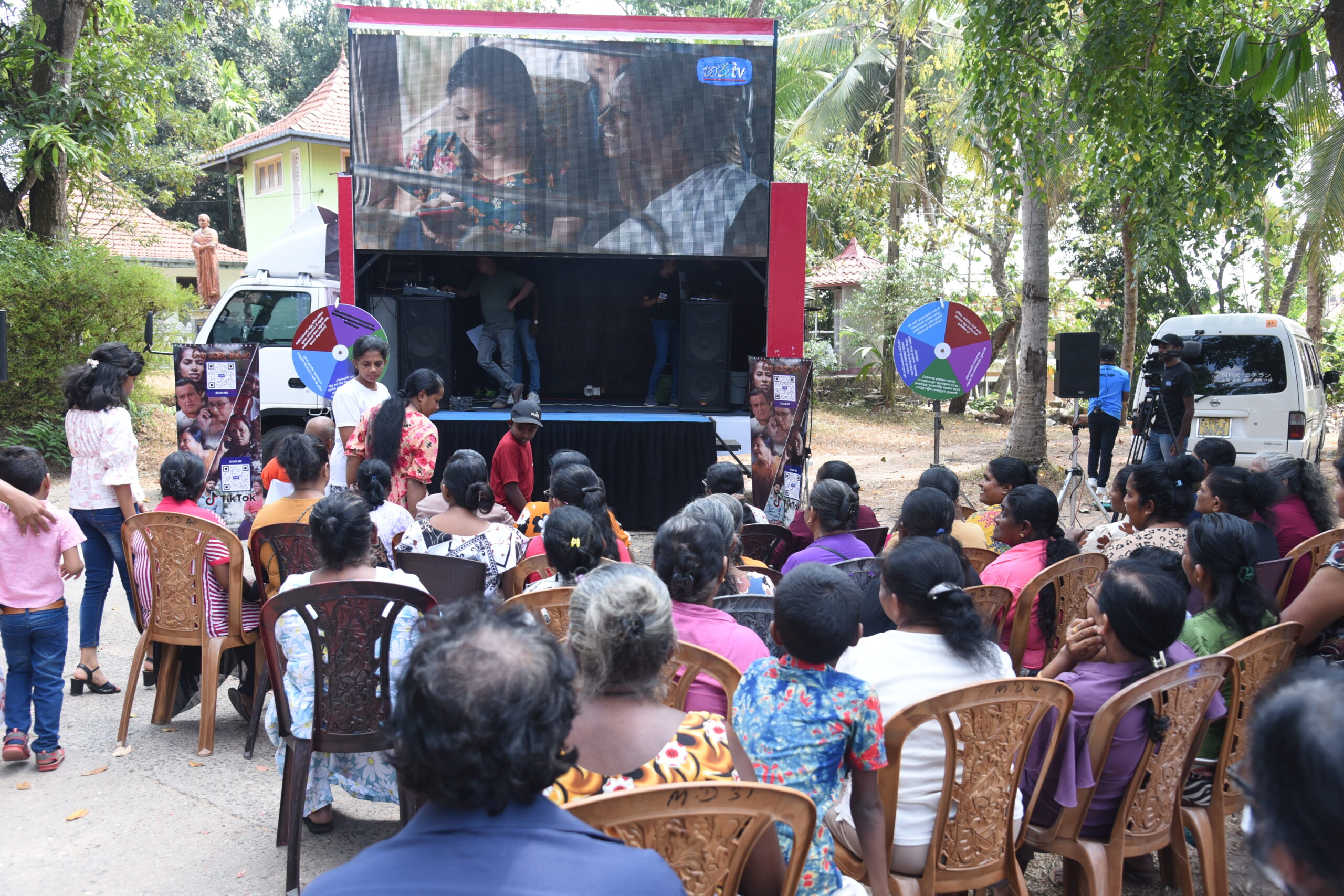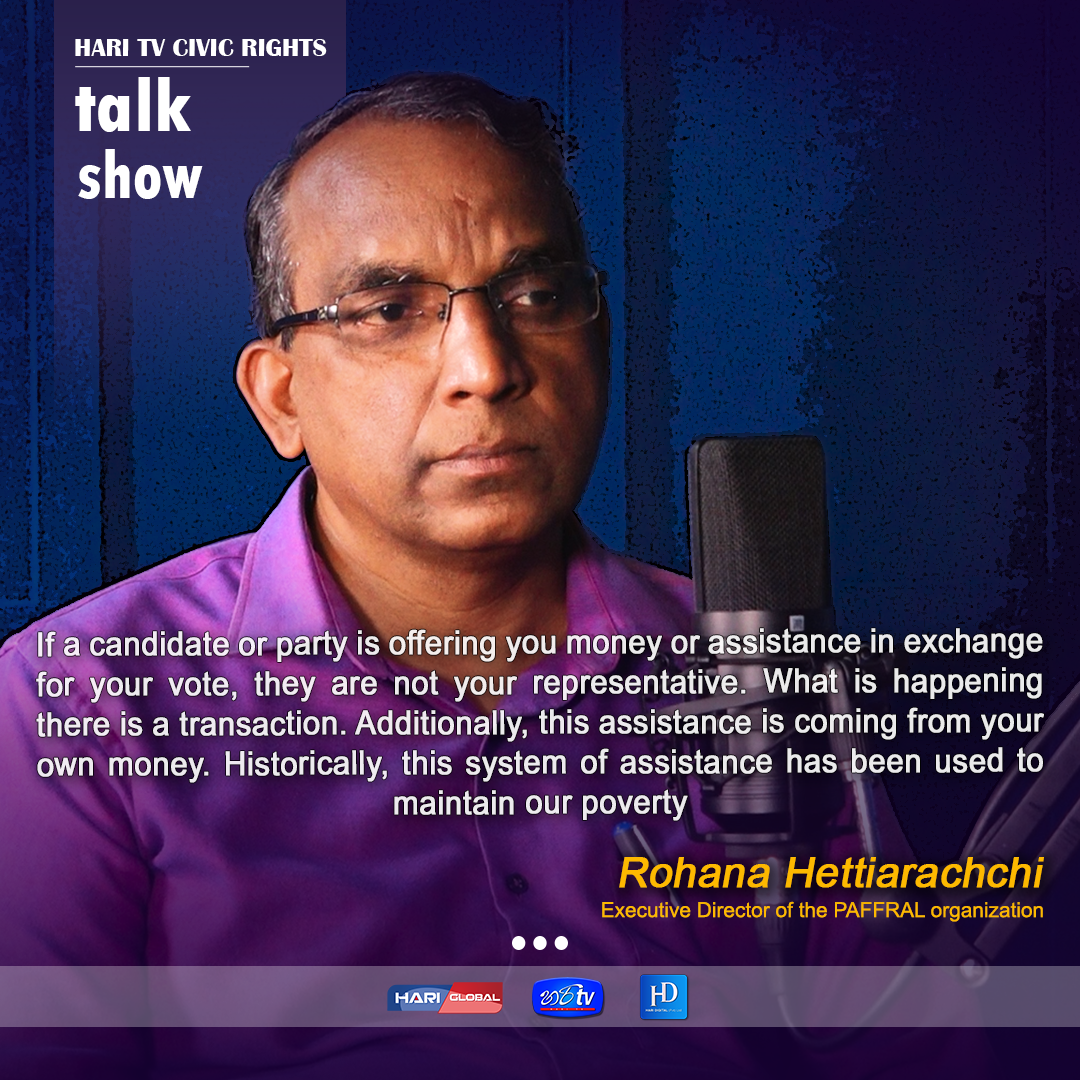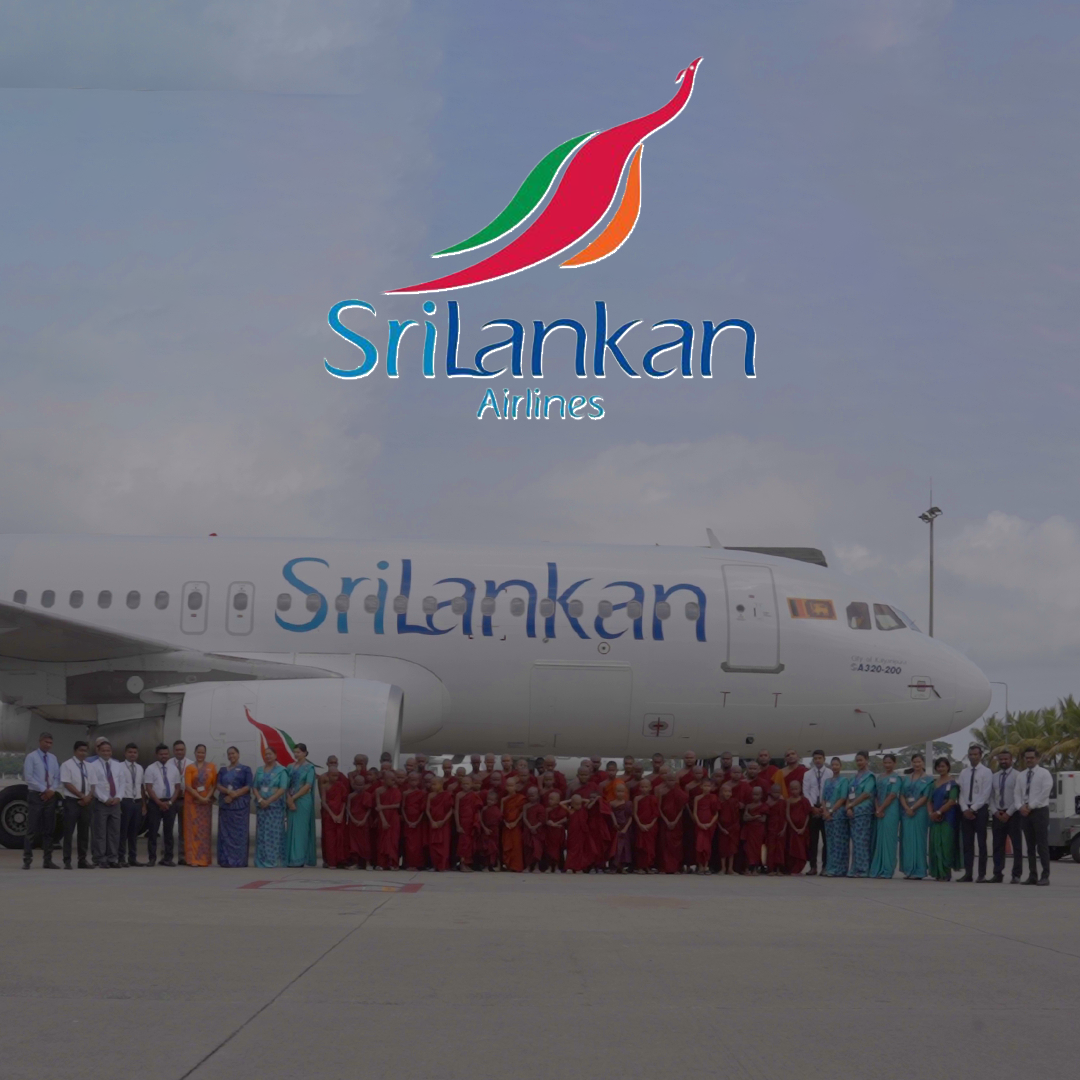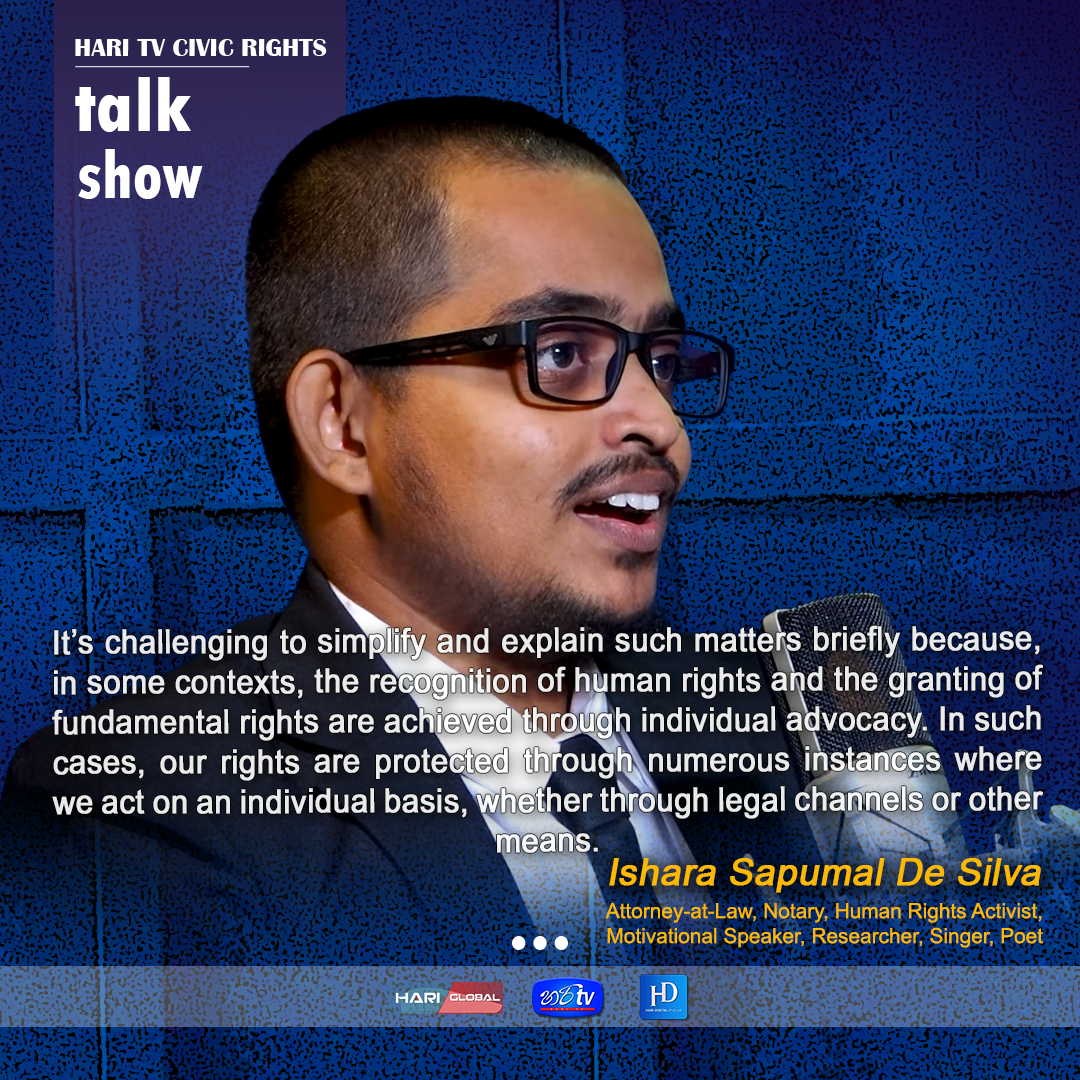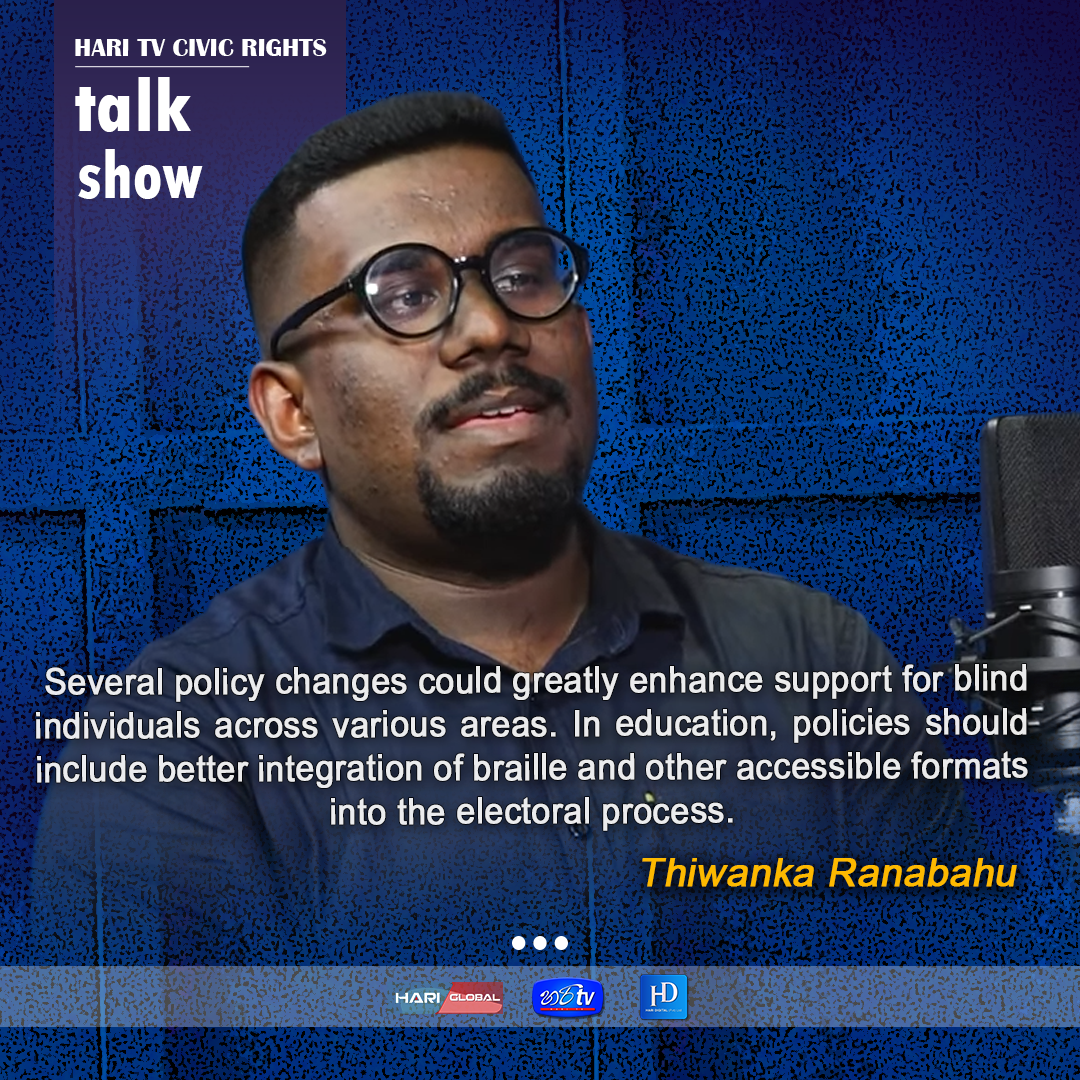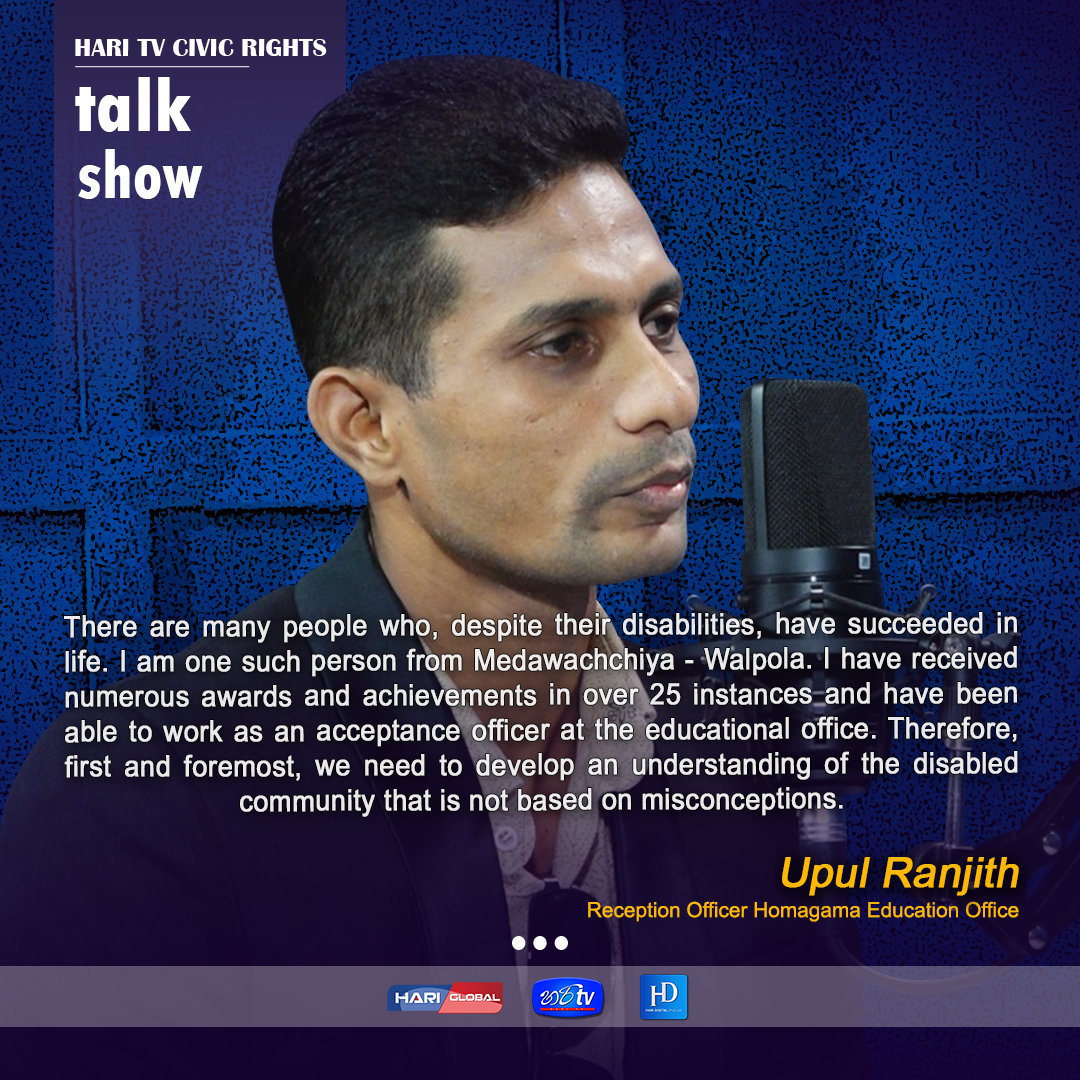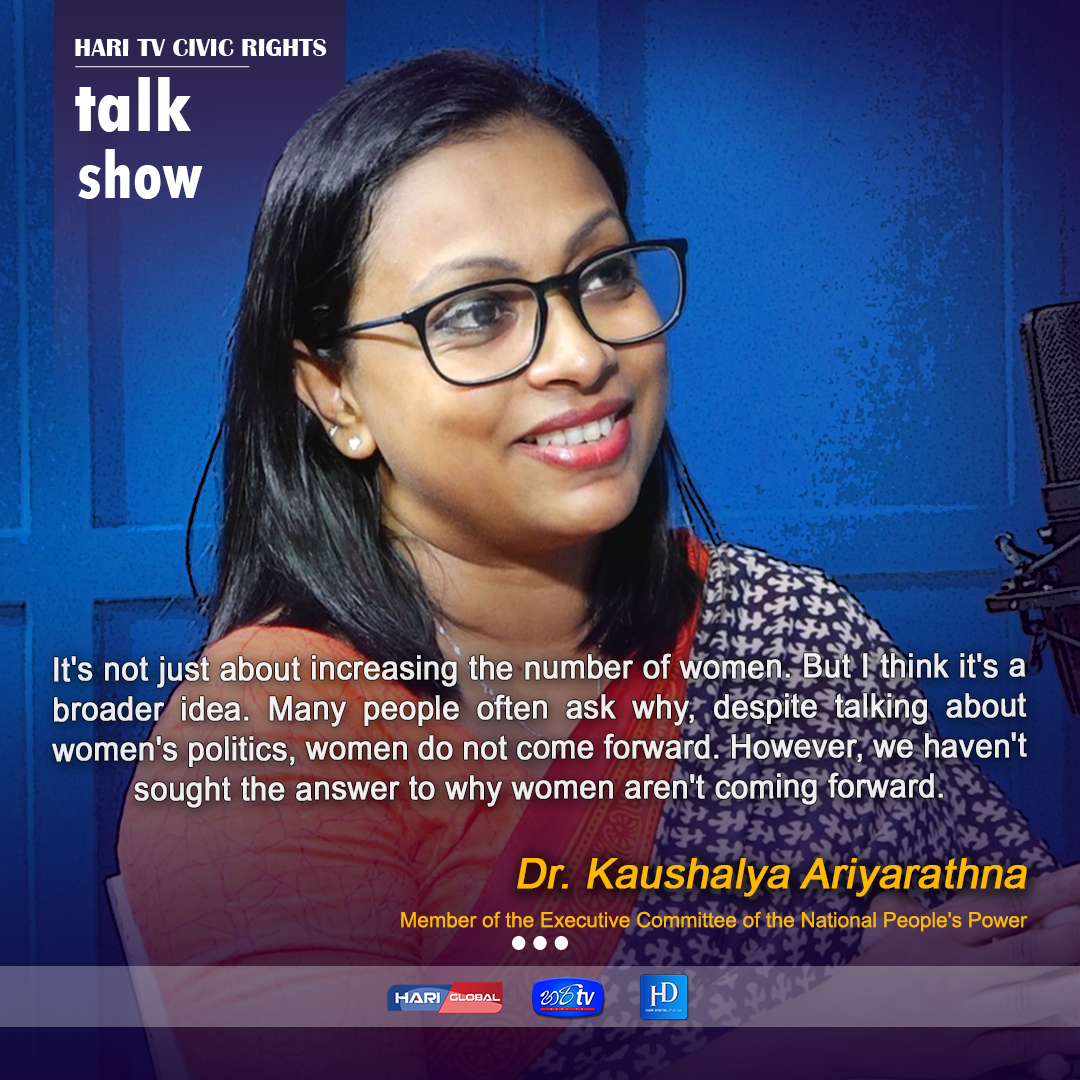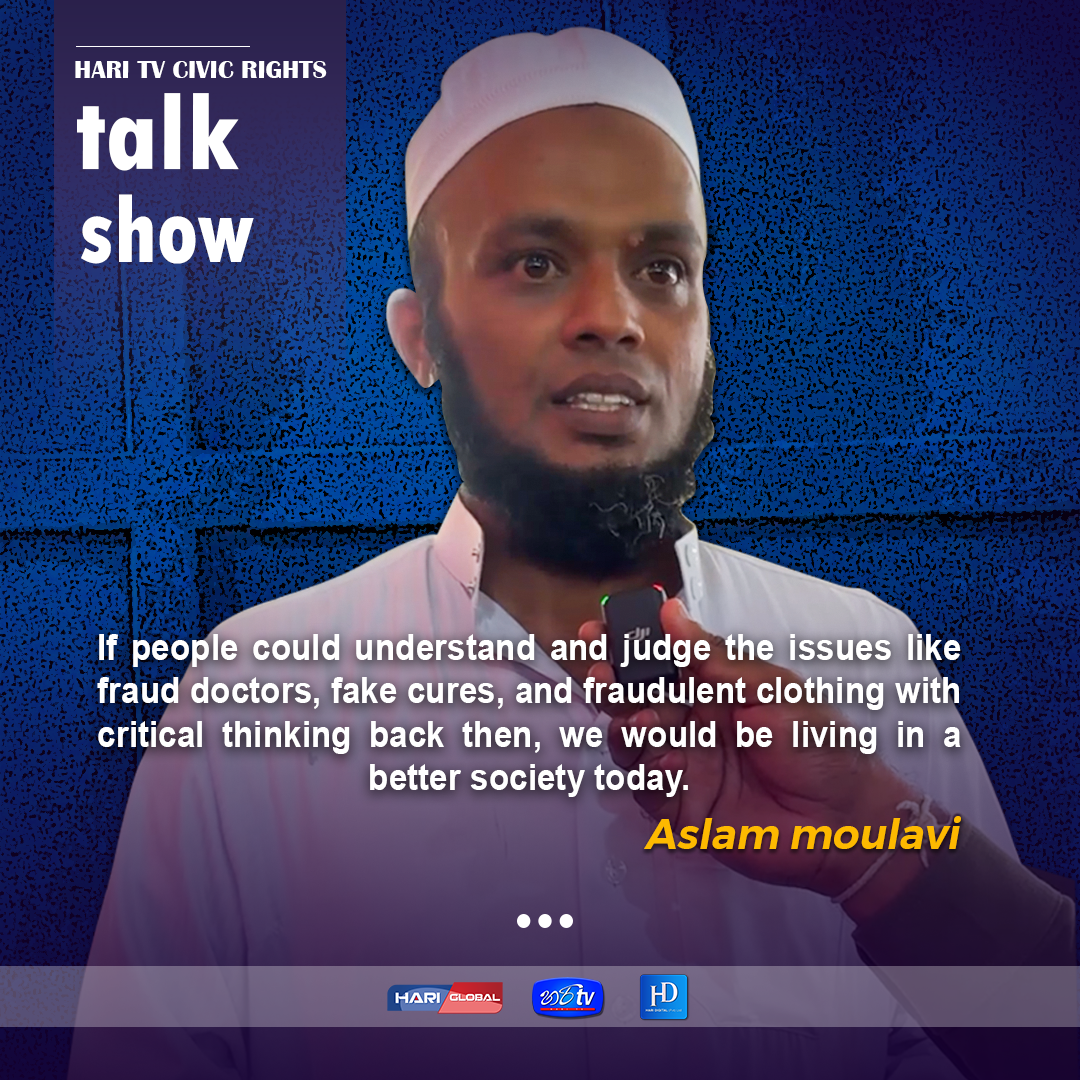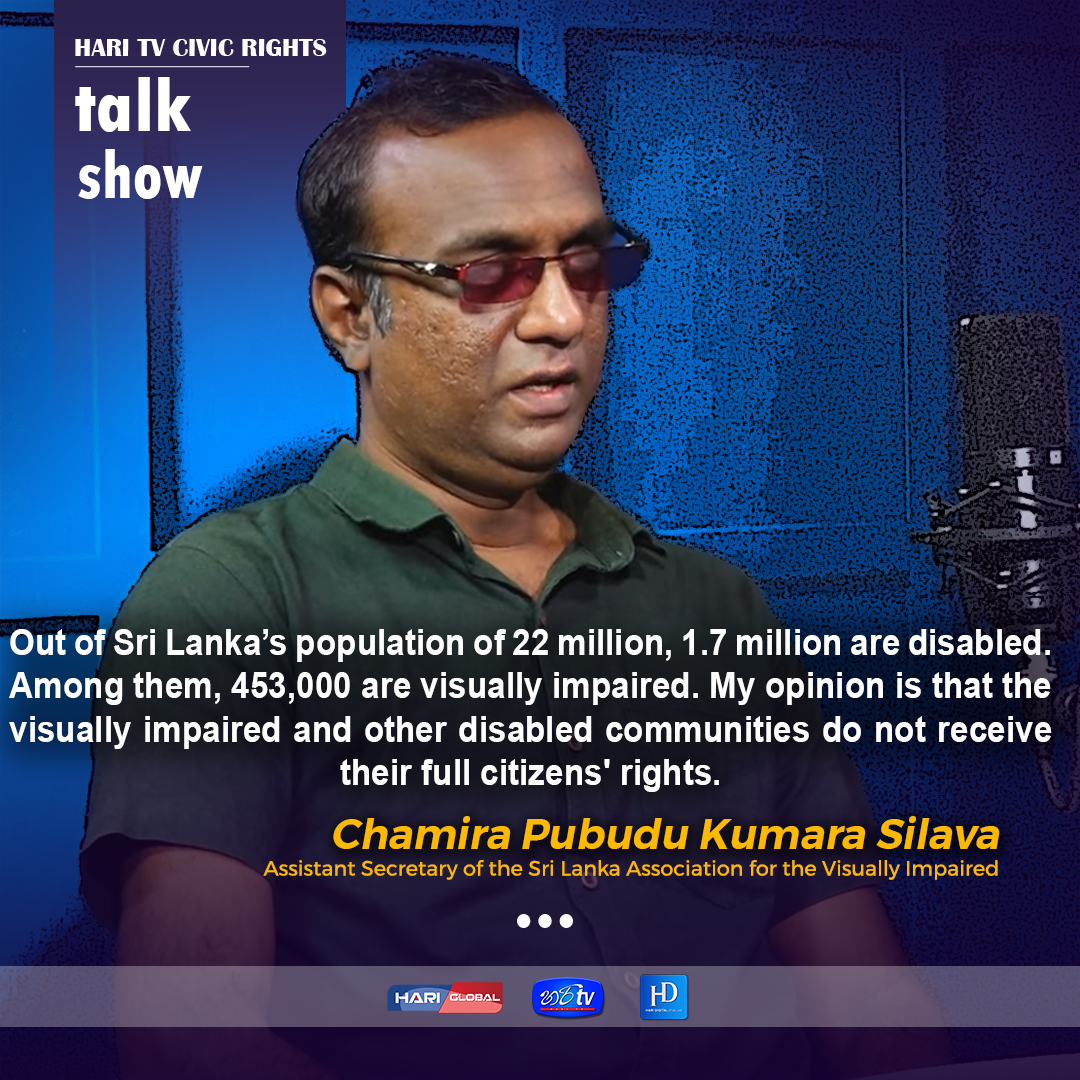In Sri Lanka, the public protests known as the Aragalaya sparked extensive discussion about civic rights, leading the government to introduce new legislation. Among these, the New Online Safety Act and the Anti-Terrorism Bill have been criticized by many as detrimental to human rights and freedom of expression. Civil society organizations and rights groups across the country have voiced concerns about these legal reforms and their impact on citizens’ rights. There is growing apprehension about shrinking spaces for civic engagement, compounded by widespread misinformation, disinformation, and hate speech. This situation highlights the need for public interest content to combat disinformation, enhance media and voter literacy, and address biases affecting marginalized groups such as women, the LGBTQ community, and people with disabilities. However, mainstream media have been criticized for insufficiently informing citizens and failing to uphold their role as a pillar of democracy.
The “Face to Face” segment highlighted the following key issues:
* Practices and policies sensitive to the needs of the LGBTQ community must be implemented to support their educational and career pursuits without hindrance or marginalization. This involves promoting attitudinal change and ensuring the recognition of their rights across households, schools, higher education institutions, public spaces, and the commercial sector.
* A fair taxation system is essential and should be designed to avoid negatively impacting individuals.
* Audiobooks need to be more widely available for blind students pursuing higher education at universities in Sri Lanka.
* Job opportunities for people with disabilities should be expanded.
* The use of Braille forms for casting votes should follow a consultative process involving all stakeholders.
* Citizens have responsibilities and duties to the state.
* With approximately 453,000 blind individuals in Sri Lanka, there must be discussions about the conditions faced by blind students in higher education and the implementation of a Braille voting system.
* What are the challenges faced by people with disabilities in securing livelihoods?
* What vocational training opportunities are available in Sri Lanka for people with disabilities?
* The quota of jobs offered to people with disabilities in the state sector should be increased from 3% to 10%.
* Individuals in wheelchairs can be employed as receptionists, and media should be inclusive and accommodate people with disabilities.
* There is a need for specialized banks to support the agriculture sector and entrepreneurs.
January 2, 2025


